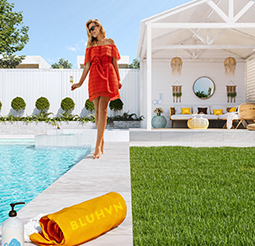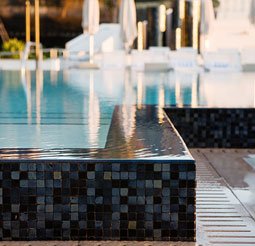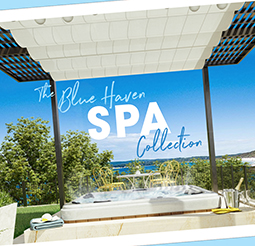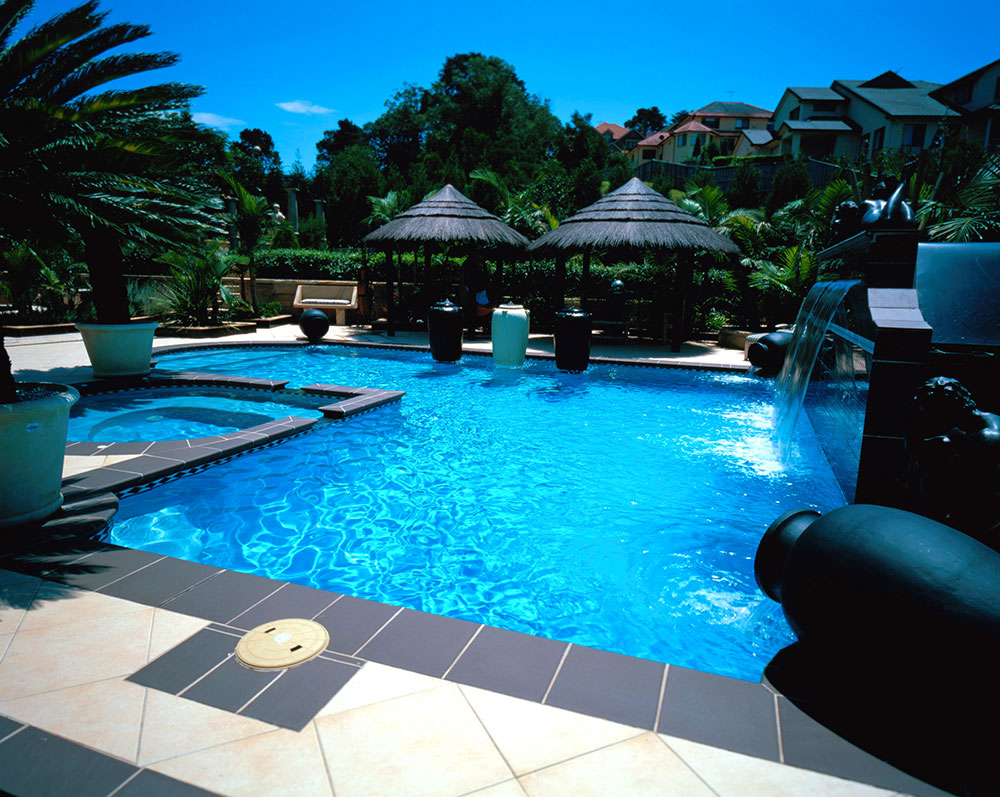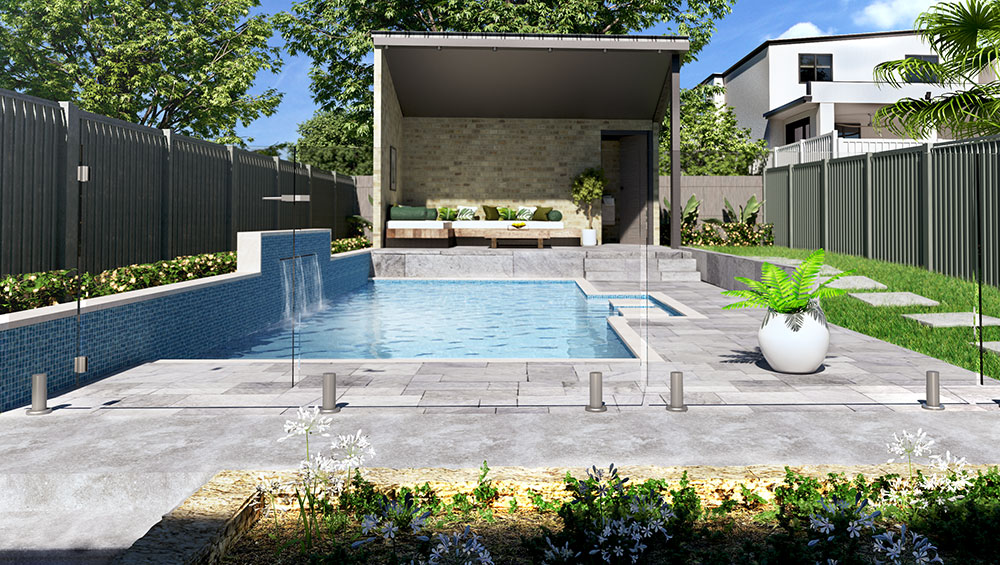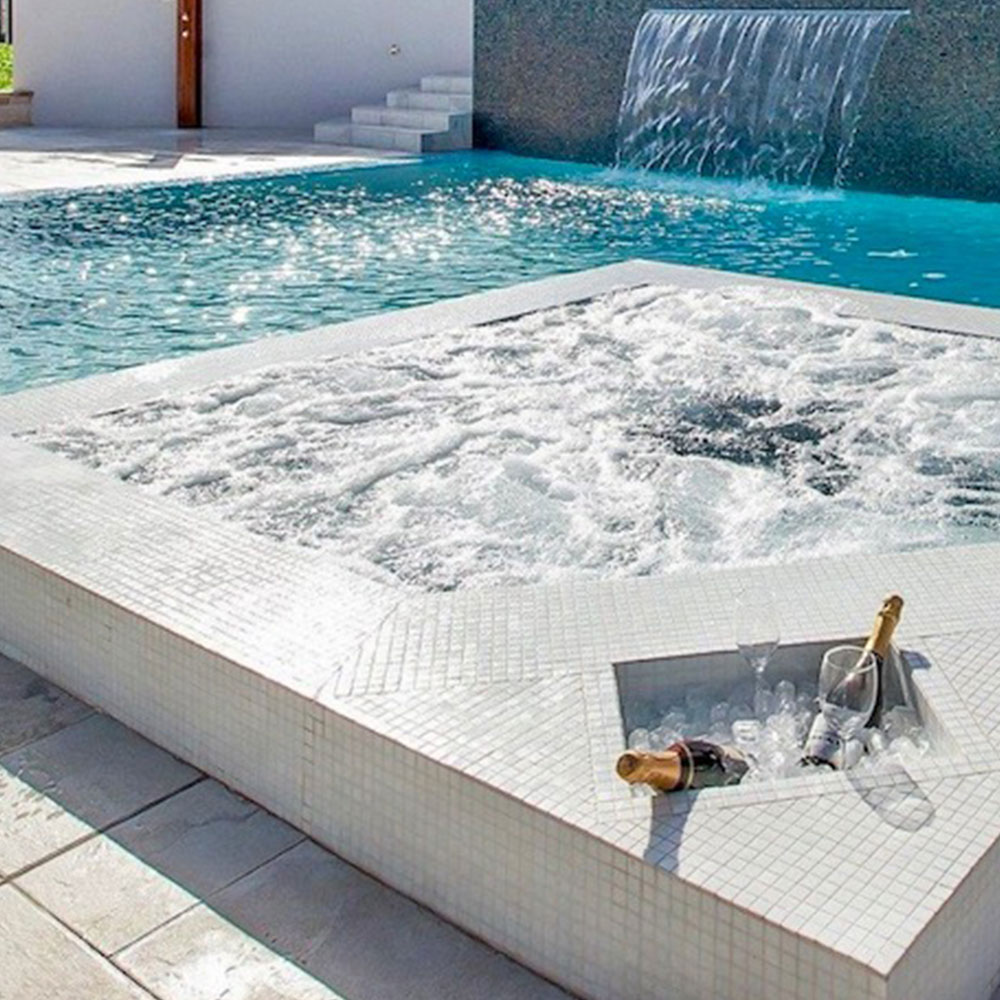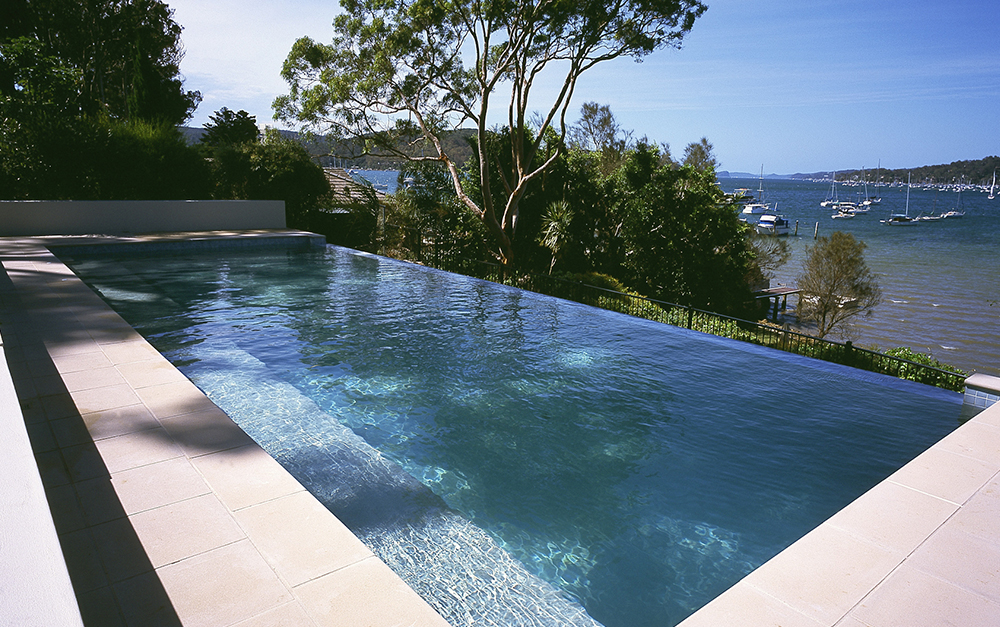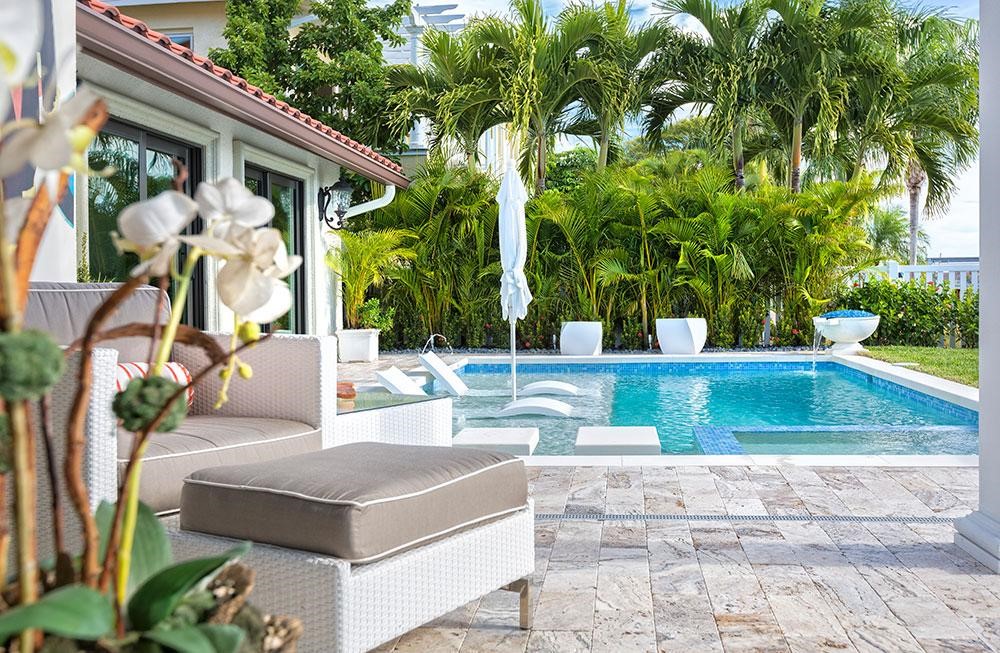Winter-Proof Your Pool: Essential Checklists and Tips to Prepare for Cold-Weather
August 12, 2023
There are plenty of different pool types out there, and they all have unique maintenance requirements. This is especially true leading into the winter months, as many pools lay dormant until the warmer months return. If you have a heated pool at home, chances are high that you’ll continue using it throughout winter. However, outdoor pools are less pleasant to dive into during the colder months.
So, if your swimming pool is set for a bit of a rest over winter, you need to know how to care for it properly. Even when swimming pools are used frequently during summer, you need to clean and maintain them, but in winter, there are some specific things you need to do. So, let’s take a look at some key tips on how to prepare your swimming pool for winter.
Clean the pool
It’s important to clean your pool before you worry about adjusting chemicals or checking pH levels. Algae is always going to be a problem if your pool water isn’t clean, so you should take steps to clean everything up after your last swim. This includes removing debris and killing algae (you may need to use an algaecide and wait for it to do its work).
Remember that even after using algaecide, the particles will still be floating around in the pool, along with any other waste. You can use a product like Oxi Shock, which basically clings to all of these particles and kills them, leaving your pool clean and healthy. Moving on to the next steps is much easier when your pool has been thoroughly cleaned.
When cleaning the pool, it’s not just the water you need to worry about. You should also clean the filters, walls and floor. Do this first, so your Oxi Shock or other cleaning agent can eat through any remaining contaminants.
Note: If you intend to completely drain the pool, thoroughly clean and vacuum the walls and floors.
Cleaning your filters
We already touched on the fact that you need to clean your filters, but let’s explore this in more detail. Basically, any contaminants left on the filter will harden during winter, making them much more difficult to clean when you want to use the pool again. It can also damage filters permanently, making them ineffective in keeping the pool clean during winter.
You should remove the cartridge and clean it every two weeks anyway, but if you haven’t done that, pre-winter is the time to wash it out. You can do this with a good hosing down or soak it in water with a specialised filter cleaning agent for an even better clean.
You should also backwash the filter, which essentially means reversing the water flow. This process helps remove particles that may have become lodged in or around the filter.
Balance the water
Your pool water should always be balanced, especially with the right pH levels. Ideally, your pool’s pH level should be between 7.2 and 7.6. You can buy testing kits that make this process simple. You typically use a range of chemicals in your pool, and all of the levels need to be right.
Doing this reduces the risk of algae growth, staining and scaling. Ultimately, it makes your pre-summer preparations a whole lot easier. Alkalinity is another factor to check. Alkalinity is your pool’s ability to resist changes in the pH levels – essentially keeping your pH level stable. So, by maintaining the correct alkalinity through winter, your pH levels should remain stable.
Check your chlorine levels
Even when using your pool regularly, it’s important to check the chlorine levels. When chlorine levels drop below the range of 1-3 ppm, there is an increased risk of algae forming. We already touched on ensuring your pH and alkalinity levels are in check, but chlorine is just as important. So, although you won’t be using the pool much in winter, you still want the chlorine levels to be high enough to prevent algae.
In some cases, you should increase the chlorine levels slightly to ensure the pool stays clean all winter. Naturally, you don’t want to overdo it, but a little extra protection in winter never hurts. It’s essential to remember, though, if chlorine levels are higher than normal, you need to balance the water back out again before using it.
Protect against freezing
We’re quite lucky in Australia that we don’t necessarily need to worry about freezing. However, some parts of the country may be prone to freezing in low temperatures, so it’s always best to understand your local climate. For the most part, though, your water freezing isn’t a big concern.
If it is, you can add a winterising chemical that prevents freezing. The biggest danger with freezing water is damage to pipes, filters and other components, so naturally, this is something to avoid. It’s also why pool owners in cooler climates may elect to drain the pool or decrease the water level. In Australia, however, you’ll probably want to keep your water level the same all year.
Maintain your water level
Ideally, you don’t want your water to drop below the skimmer level because it can cause problems with your pump. So, if you’re leaving water in your pool over winter, you need to maintain its level. Even though the weather is cooler, the sun still shines, and this causes water evaporation. If you use a pool cover, this will prevent some of the evaporation from occurring, but water levels still need to be inspected.
The easiest solution here is to add an automatic water levelling device to your pool. These relatively inexpensive devices take care of the water level, so you don’t even need to worry about it during winter. This is especially useful if you use a pool cover and don’t want to endlessly remove and replace it.
Use a pool cover
While this step is optional, it’s recommended in most parts of Australia. A pool cover may be an investment, but it provides so many benefits to pool owners. Firstly, it keeps debris out of your pool, meaning less cleaning for you and less pressure on your filters during winter.
Secondly, a pool cover reduces the effects of the sun. An open pool exposed to the sun will experience water level decreases due to evaporation. With a pool cover, evaporation still occurs, but it creates condensation on the underside of the cover, essentially meaning the evaporated water returns to liquid form and falls back into the pool.
You’ll still want to check on the water levels periodically throughout winter, but the effects of evaporation will be far less severe if you use a cover.
Equipment checks
Before winter starts, it’s essential to check all components of your pool. We’ve touched on a lot of different checks you need to consider, but a general parts inspection is crucial. This means your filters, skimmer, pool heaters, robotic pool cleaners and anything else you may use to handle your pool’s upkeep.
By checking all of your equipment prior to winter, you can rest assured that it will be in good condition when summer comes around again. Plus, if you have parts needing repairs, maintenance or replacement, it makes sense to do this in winter when you wouldn’t use the pool anyway.
Run your water pump
There’s a common misconception that you don’t need to run the water pump when you’re not using the pool. However, running the pump for a few hours each day is still recommended. Ideally, you should aim to turn the water over once a day to ensure chemicals are circulated properly.
The amount of time to run your water pump each day varies depending on the size of the pool, but anywhere between 3-6 hours of water pump usage is usually sufficient. Due to the lack of pool use in winter, if you have plans to upgrade or replace your water pump, now is the time to do it, but remember you shouldn’t leave the pool too long without an active water pump.
Plan a maintenance schedule
Even though you’re not using your pool, it still requires maintenance during winter. You won’t need to do much with a good setup, including filters, pool cleaning robots, and a pool cleaner. But it’s still a good idea to stick to a regular maintenance schedule including:
- Chemical, pH and alkalinity tests
- Cleaning and backwashing filters
- Maintaining chlorine levels
- Checking water levels
- Removing debris
If you’re a new pool owner and are unsure of your pool’s maintenance requirements, you can even organise professional pool maintenance. Typically the company that sold and installed the pool is your first phone call in this instance, or any other reliable pool cleaning service in the area.
If you have any questions about maintaining your pool during winter, the team at Blue Haven is always happy to help. We can advise you on the best tips and products to use when winter rolls around, ensuring your pool is clean and ready for another summer of fun. Contact Blue Haven today, and find out how we can help maintain your pool in winter.
Read Also:


